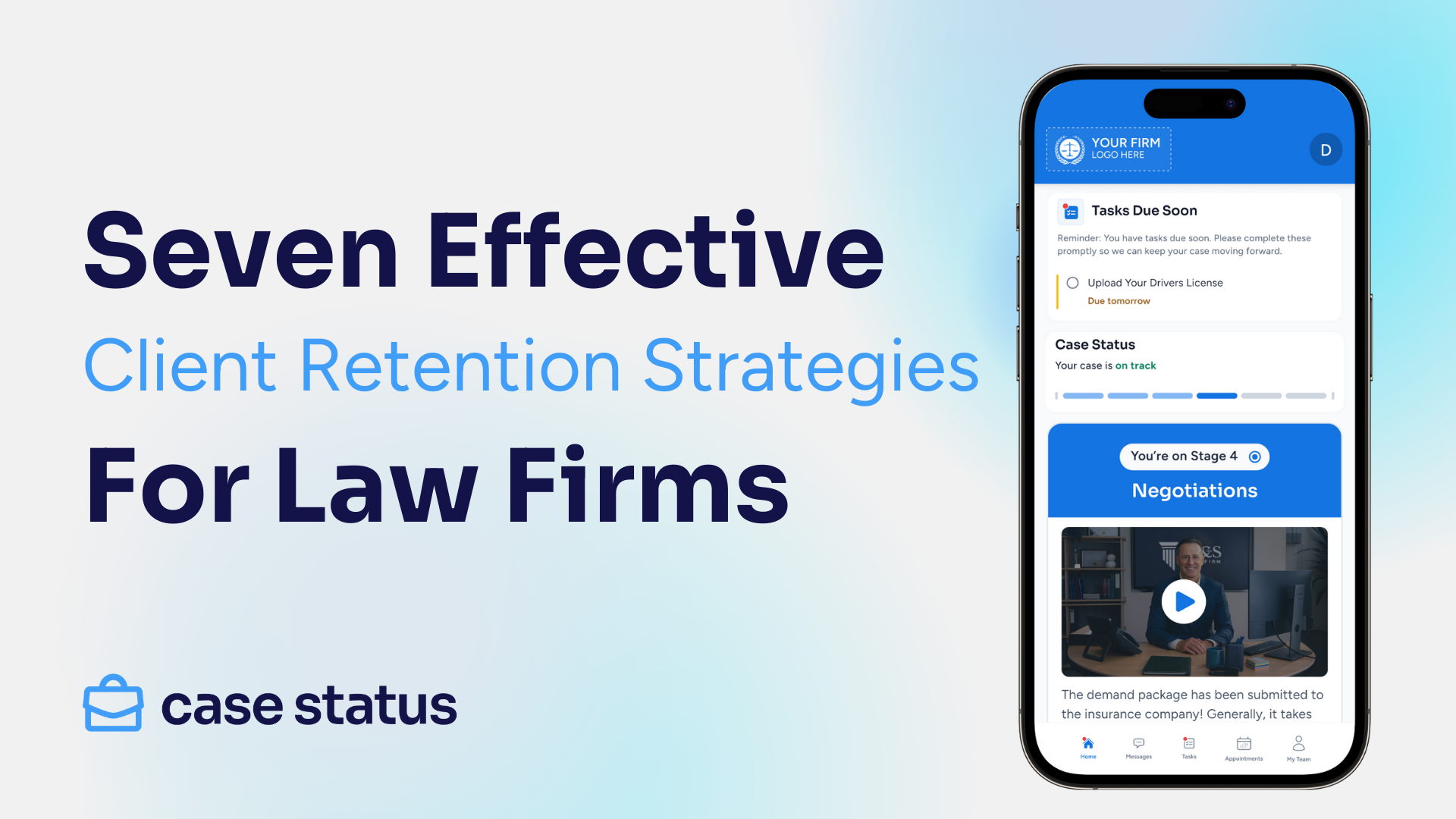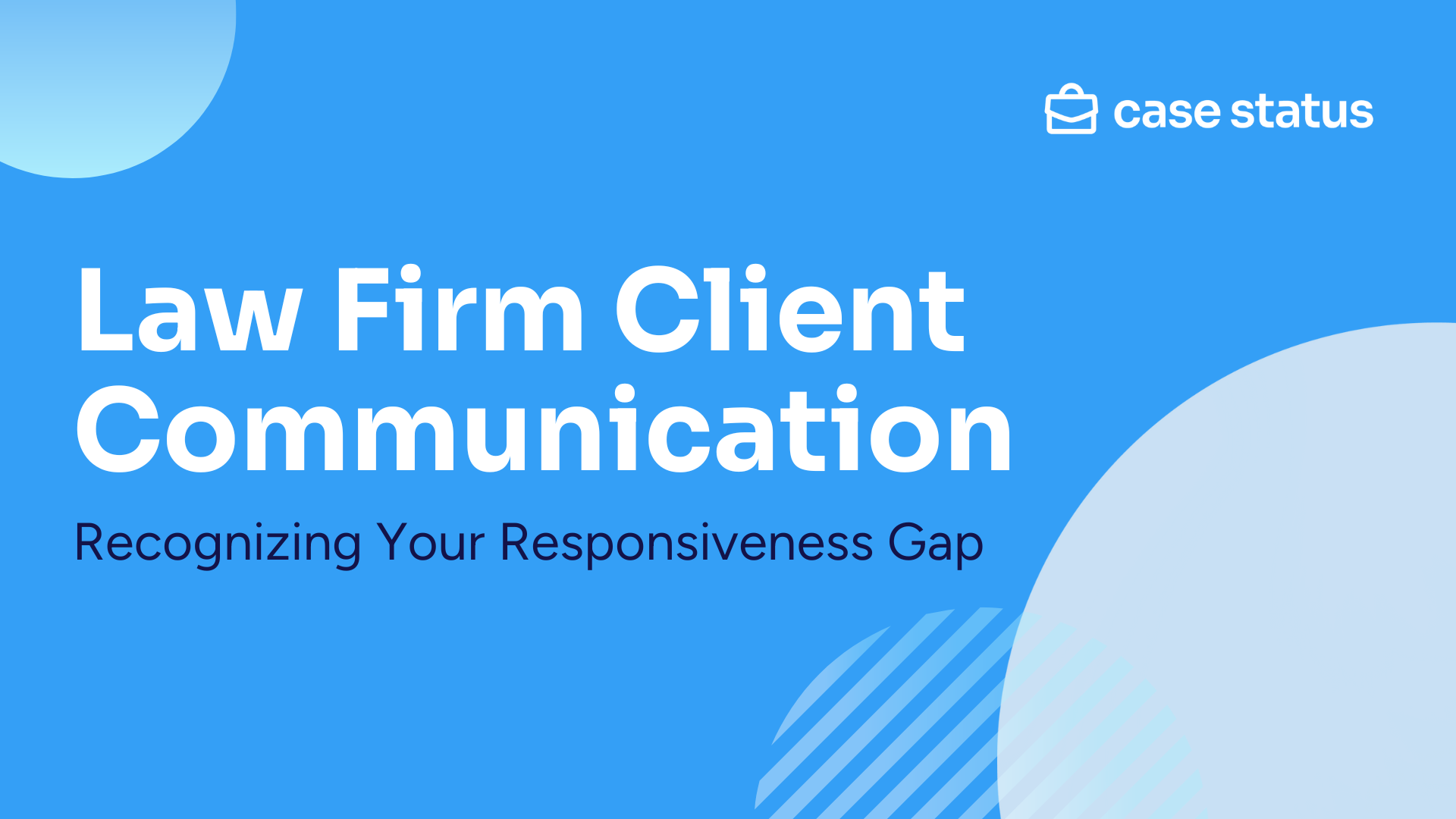
Artificial intelligence is far more than a trend. It is the cornerstone of the digital renaissance. The internet was thought to be the most transformational technology ever created, and that is still true — but artificial intelligence is the start of the next chapter of evolution. In the legal industry, AI is opening the door to unparalleled research assistance, productivity enhancements, and business management solutions that overhaul traditional workflows to the benefit of professionals and clients alike.
AI's Emergence in Legal Practices
Is there any AI for lawyers? Of course, and it’s only becoming more skilled and advanced with time. Many AI have been specifically designed to support legal applications, trained on case law, statutes, and historical legal data. This is not ChatGPT — it is an artificial intelligence that can often communicate and perform at the postgraduate level, all while working from a knowledge database that contains decades upon decades of law.
AI for lawyers can do a wide range of tasks, including assisting with legal research, enhancing case matter formation, simplifying case law research and statutory interpretation, and conducting in-depth precedent analyses.
Is there an AI that helps with legal matters?
Yes, AI can help legal professionals overcome challenges and manage their daily tasks much more efficiently. They are capable of performing both simple and advanced legal operations, all while saving you hundreds of hours a year.
Can AI draft legal documents?
AI reduces the margin for error when writing legal documents by drawing from a database of thousands of contracts, legal memos, and other types of legal documents. It can partner with Microsoft Word to streamline the writing process and offer real-time assistance by performing tasks such as simplifying language, identifying missing clauses, finding conflicting language or terms, and generating templates for you to complete.
AI in the Legal System
A broader question that many professionals have is, "How is AI used in the legal system?" AI for law expands well beyond individual firms and has overarching impacts that will reshape how the entire legal profession is performed:
- Case Prediction: AI can perform predictive analyses by analyzing massive amounts of legal data to propose probable case outcomes with a high level of accuracy. Considering factors like past judge rulings, case laws, and historical outcomes in similar cases, it can offer lawyers a strategic edge when developing their cases or deciding whether to take on a client.
- Legal Research: Lawyers across the world will be able to perform their jobs more effectively while reducing the amount of time it takes to find relevant case laws and statutes. AI legal research tools can rapidly identify case laws, legal articles, statutes, and regulations based on your search criteria. This not only helps lawyers develop more persuasive arguments but also perform their work faster and deliver outcomes sooner.
- Conduct Legal Precedent Analysis: Artificial intelligence can also help identify patterns and trends based on historical legal data. Evidence analysis will enable lawyers to find any information they may have overlooked, noting patterns of speech or recurring terms or trends in evidential data that could change the outcome of a case. Jury analyses may be able to help lawyers identify and counteract potential biases based on a jury’s demographics, such as age, gender, socioeconomic status, and behavior.
- Legal Strategy Development: Leveraging AI tools will help lawyers make more informed decisions about their cases. Crafting compelling arguments is only one element of success — understanding the historical context of a case, a judge’s tendencies toward certain outcomes, and opposing counsel experience can all help professionals strengthen their strategies.
Best Tools for Lawyers
The most popular industry software uses AI for law firms to enhance operations, improve efficiency, minimize errors, and maximize productivity. Top tools on the market include:
- Lex Machina: This powerful legal analytics platform uses AI to extract insights from a vast library of litigation data. Using this tool, lawyers can gain valuable insight about judges, their opposing counsel, parties in the litigation, and more.
- Casetext: An AI-powered legal research platform, Casetext uses natural language processing to analyze case laws and statutes. Lawyers that use case text can generate comprehensive search results with relevant case summaries and even annotations and citations.With the collaborative interface, lawyers can work seamlessly with the AI to enhance workflows and perform research faster.
- ROSS Intelligence: ROSS Intelligence is a legal research platform that uses natural language processing to perform legal research and help lawyers stay current with relevant information relating to every case. Advanced search abilities allow you to readily find information that can transform your case.
- Case Status AI by Case Status: It predicts and recommends responses to client messages based on a firm's data, streamlining communication and improving efficiency. Case Status AI allows customization of responses for tone and style and continually improves through feedback. It also supports translation into 138 languages, enabling seamless communication with diverse clients. By anticipating future interactions and analyzing client sentiment, Case Status AI empowers law firms to proactively manage and enhance client relationships.
Ethical Considerations and Future Outlook
Although Legal AI can certainly make work easier, attorneys still have the responsibility of using it ethically and morally. They are obligated to uphold the law and due process, which means staying current with AI laws, being mindful of potential bias in AI Algorithms, and maintaining professional judgment at all times.
Fortunately, AI tools make it easier for lawyers to exercise their strengths on the job. An attitude of curiosity, innovation, and continued learning can help professionals build better firms while upholding the law and supporting the justice system.
Conclusion
AI is an emerging technology that will transform the world in ways we can't yet even imagine. In the legal industry, artificial intelligence stands to become the most innovative technology in history. Every firm that wants to stay modern and maintain a competitive edge has to consider how AI for lawyers could benefit them.
If you're curious to learn more about legal AI and try new technologies, consider trying Case Status. Our mobile client portal for law firms uses Case Status AI, a legally trained AI, to suggest personalized responses for lawyers to enhance conversations. Demo now!



